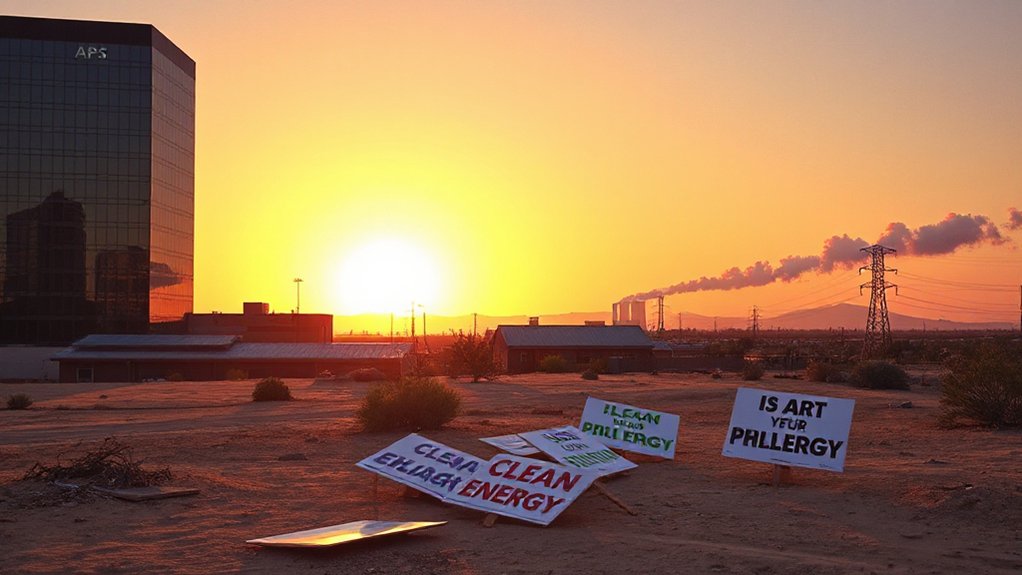Corporate boardrooms across America are buzzing with an unexpected sound: activist chants. Once sworn enemies, big business and activist groups are finding common ground when government action stalls. It’s weird, but it’s happening. Companies aren’t just listening to activists anymore—they’re inviting them in, creating fancy CSR committees, and actually changing how they operate. This partnership often reflects a feedback loop where corporations respond to stakeholder demands, creating escalating expectations for further political involvement.
Social media changed everything. One viral post can tank a company’s stock price faster than you can say “boycott.” Smart corporations realized they could either fight the tide or ride the wave. Many chose the latter. Nike, after getting hammered for sweatshop labor, brought critics inside their tent. Turns out keeping your enemies closer isn’t just good advice—it’s good business.
In the age of viral outrage, corporations learned a new mantra: better to partner with critics than become their next target.
Meanwhile, politicians are getting cozy with both sides. Business contributes about 60% of all political cash in America. Yeah, that much. Activists deliver the grassroots energy and votes. Together, they’re reshaping who even gets to run for office. Business associations and activist groups are playing matchmaker, recruiting candidates they can both stomach.
These unlikely alliances actually work. Groups like Greater Phoenix Leadership got 10 of their 14 backed candidates elected in 2016. Not too shabby. They provide training, policy education, and campaign support without necessarily writing direct checks. Clever, right?
What’s in it for everyone? Companies get to look socially responsible without raising prices. Your $350 sneakers stay $350, but now come with a side of social justice. Activists gain legitimacy and resources. Politicians get money and motivated voters.
Is it all cynical calculation? Probably. But when government gridlock means nothing gets done, these strange bedfellows actually move the needle. Employees push companies to take stands. Consumers reward brands that align with their values. Politicians need both business backing and grassroots energy. Research shows companies facing protests experience an average 1% stock drop within 26 days, making corporate-activist collaboration a smart financial strategy.
The system’s far from perfect. But in a weird way, it works. Environmental collaborations are particularly promising, with corporate partners helping address the UK’s wildlife decline that threatens 15% of species with extinction.
References
- https://businesslawreview.uchicago.edu/print-archive/how-did-corporations-get-stuck-politics-and-can-they-escape
- https://insight.kellogg.northwestern.edu/article/why-companies-should-engage-with-activists
- https://www.brookings.edu/articles/re-engineering-politicians-how-activist-groups-choose-our-politicians-long-before-we-vote/
- https://nbs.net/how-can-companies-use-their-political-influence-responsibly/
- https://ssir.org/articles/entry/the_new_face_of_corporate_activism









